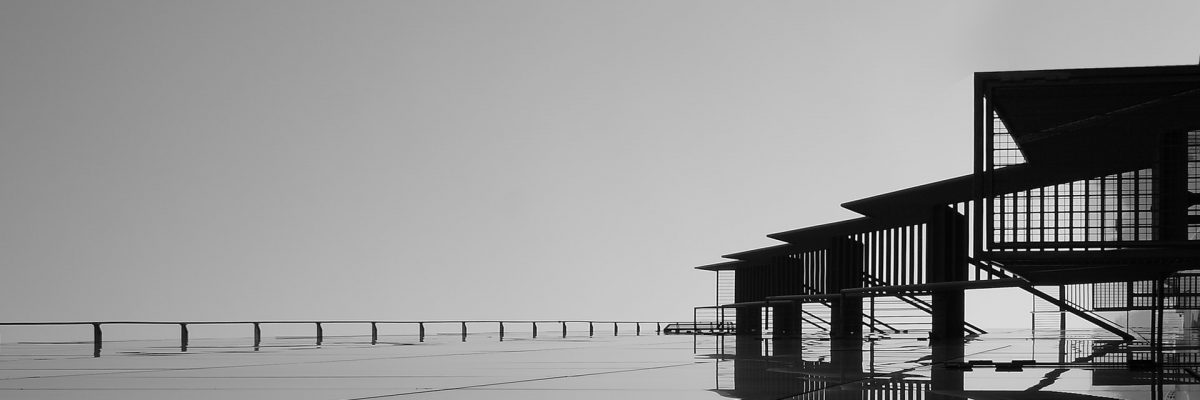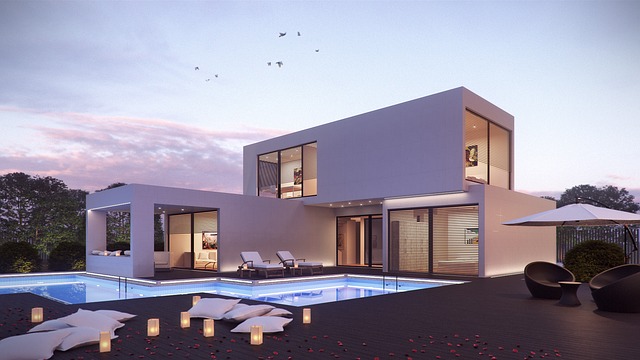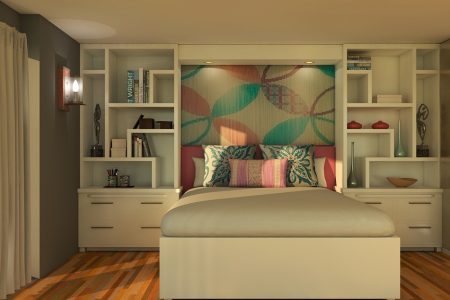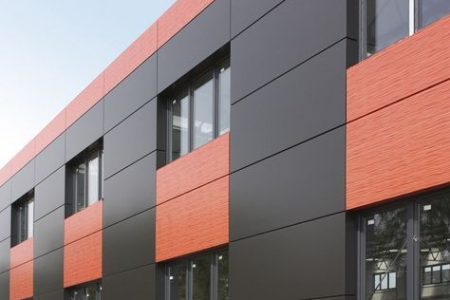Do you have doubts about the results of your modular construction project? Depending on your needs, these constructions can represent a good alternative. Nevertheless, some disadvantages may arise. You need to know the advantages and disadvantages to make a wise choice. So what are the advantages and disadvantages of modular buildings?
5 Advantages of Modular Buildings
In general, modular buildings’ advantages meet homeowners’ needs for housing or living.
The Nature of Modular Buildings
The nature of modular buildings is their main advantage. These buildings are built with materials that are 99% recyclable. These materials are processed in the factory by professionals involved throughout the project. This means that the construction site is not polluted by waste.
On the other hand, modular constructions conform to buildings of low consumption standards. Therefore, they are considered an ecological construction method that reduces energy consumption.
Flexibility in Modular Construction Projects
A modular construction project offers excellent flexibility to the owners in finishing the buildings. Indeed, these buildings are prefabricated in several models. In addition, they can be custom ordered.
Generally, modular buildings are designed to offer an alternative for housing extension. Therefore, they make the construction project scalable. As the owner, you can decide to have the modular home taken down at any time and modify it as you wish. You can even move the buildings.
The Speed of the Work of the Modular Constructions
Modular building projects are completed in a short period. This is due to the manufacturing process that does not last and the steps of installation. These steps usually boil down to the installation of a prefabricated building. Thus, owners save time.
The Reliability of Modular Buildings
Modular buildings are as durable as traditional buildings. In most cases, you will need a building permit for both types of buildings. They also provide you with the same guarantees.
The Function of Modular Buildings
Have you noticed that more and more people are turning to modular buildings? This is because these buildings are perfect for particular needs.
Modular buildings are suitable for temporary housing. They satisfy the needs of people who want to have an extension or complete construction for their houses. It can be a pool house, a living room annex, a guest room, or even a garden shed.
When it comes to building, modular buildings are in line with housing needs. The building design meets the needs of homeowners who want a comfortable living and working space.
2 Main Disadvantages of Modular Buildings
Modular building projects have some disadvantages that can affect the decision of owners.
Financing difficulties
It is difficult to find agreements with banks to finance modular building projects. This is because they are not familiar with the building construction process. In addition, it happens that the majority of the payments for the works must be made in advance.
Problems Related to the Resale of Modular Buildings
Modular buildings lose their financial value during resales. This is due to popular beliefs that these homes are of poor quality. These beliefs are due to the shape of the buildings or the materials used.
On the other hand, builders try to give an excellent reputation to modular constructions. However, a long time will pass before the value of modular buildings is known to everyone.
Modular buildings meet the needs of homeowners for quality and living space for housing, although they pose financing problems.





